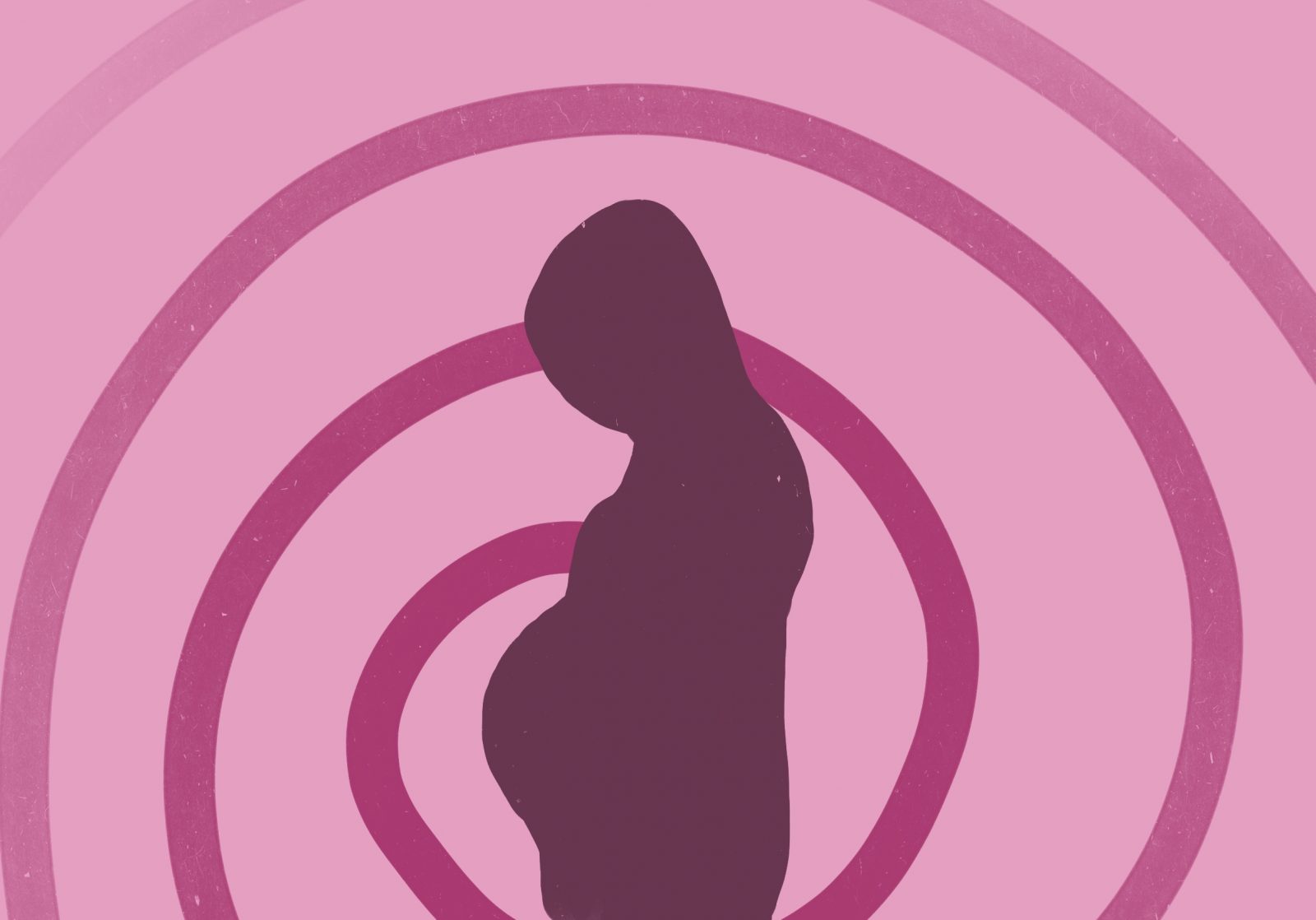As a college student with a uterus, it may seem like a good idea to donate your eggs. You may get paid an exorbitant amount of money and help out a family in the process.
You may have even seen an ad advertising the egg donation process. A YouTube ad for the Boston Fairfax Egg Donor program features a colorful background, with images of young women smiling while the narrator gleefully states that egg donors may earn up to $48,000.

But does this ad portray the realities of egg donation?
Firstly, many disturbing aspects of the egg donation industry are heavily informed by racism, eugenics and classism.
The Massachusetts Institute of Technology student newspaper, the Tech, published an editorial last February on the trend of targeted egg donation ads running in college newspapers.
From the late 1990s to the 2000s, many Ivy League and other highly competitive college newspapers ran ads seeking egg donors with a specific race, physical attribute, SAT score or athletic ability.
The Tech ran two of these ads in 2012 and 2017 and received backlash from their readership due to the disturbing and racist nature of the advertisements. The ads — which were run by the Tech as well as directly sent by the company to female MIT students with the last name Wu, Huang or Chen — sought an Asian egg donor with high academic achievements.
Egg donation ads nowadays may be more restrained in terms of the supposed physical and intellectual specifications they may be seeking, but these attribute preferences nonetheless continue to exist within the industry.
There are no federal guidelines regulating in-vitro fertility clinics in the United States. Sperm banks and egg donation banks only have to adhere to FDA regulations on the screening and testing of donor tissue.
The American Society for Reproductive Medicine has produced guidelines with suggestions as to how these egg donation agencies should proceed with properly recruiting, compensating and communicating the risks of the procedure to potential donors. As there is no legal way to enforce them, these guidelines are not generally followed.
For instance, the ASRM recommends a donor not go through more than six donations. One 2021 study found that some donors have participated in up to 19 egg donation cycles.
A 2016 review found that most egg donation centers do not abide by the ASRM’s guidelines for egg donation, with 58.8% of egg donation centers explicitly stating they would pay donors more for certain physical or intellectual traits.
Many egg donation centers specifically target college students with high SAT scores. These kinds of hierarchical compensation schemes perpetuate dangerous eugenics myths that intellect is inheritable, as well as measurable by highly-flawed standardized tests.
The Boston Fairfax egg donation center screens out potential donors with a history of mental illness and potential donors who do not have a high school diploma.
Along with the significant time investment, egg donation itself may have significant health risks, which egg donation ads often do not disclose.
Also, as the Tech editorial noted, egg donation requires invasive hormonal intervention. Egg collection requires that one’s ovulation cycle be temporarily suppressed. Through self-injections, donor ovaries are hyperstimulated with human chorionic gonadotropin, or hCG, among other hormones.
Too much hCG in one’s system has been linked with ovarian hyperstimulation syndrome (OHSS), in which fluid from the donor’s blood vessels may leak into their abdomen and other viscera in more severe cases. The risk for OHSS — which could be fatal if not addressed with effective treatment — has been shown to increase with the number of eggs the donor produces.
Moreover, reproductive hormones have been linked with affecting one’s susceptibility to developing various kinds of cancer. Although no firm causation relationship has been determined so far, breast cancer and colon cancer have been reported in egg donors.
Nowhere in the Fairfax Boston donor initial application page, or the ad, does it state the medical risks of the procedure.
One 2021 study found that although the majority of egg donors felt they were well-prepared for the immediate risks of egg donation, 55.2% did not feel they were sufficiently informed or prepared for the potential long-term consequences of the procedure.
According to a Salon piece published in 2021, in the United States, college debt is one of the primary motivating factors for egg donation, while none of the 100 egg donors interviewed living outside of the United States cited the cost of education as a reason for their donation.
It is terrifying to frame egg donation as a business when it is a medical procedure. With the recent news of the start-up Expecting, which is digitizing the egg donation process, the very real health cost of the procedure seems to be overshadowed by the business model of these services.
The problems with the egg donation industry are not the sole fault of these boutique egg donation companies. The lack of financial support and safety nets in this country, as well as the astronomical costs of college, may leave some people with no choice but to make potentially unhealthy medical decisions for themselves.
But these egg donation industries are taking advantage of an already vulnerable population while advancing eugenics principles. We should stay vigilant of these targeted advertisements and advance more stringent regulations for the egg donation industry.




















































































































